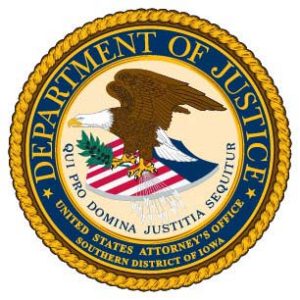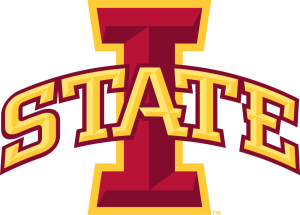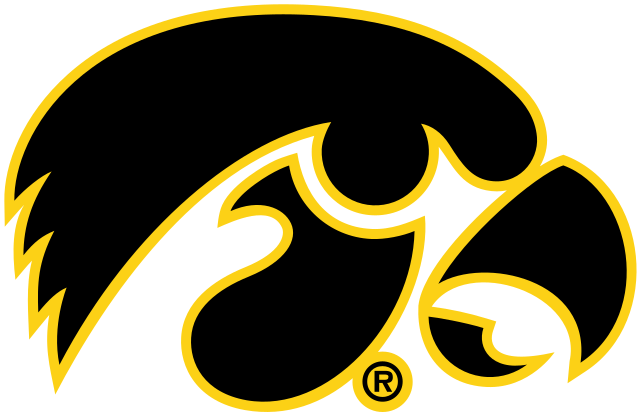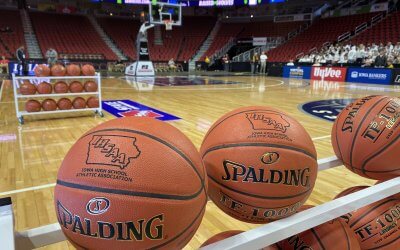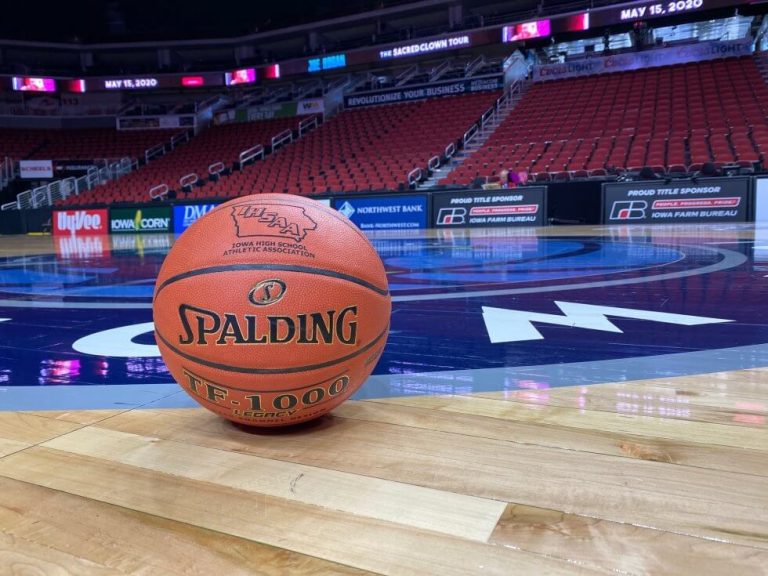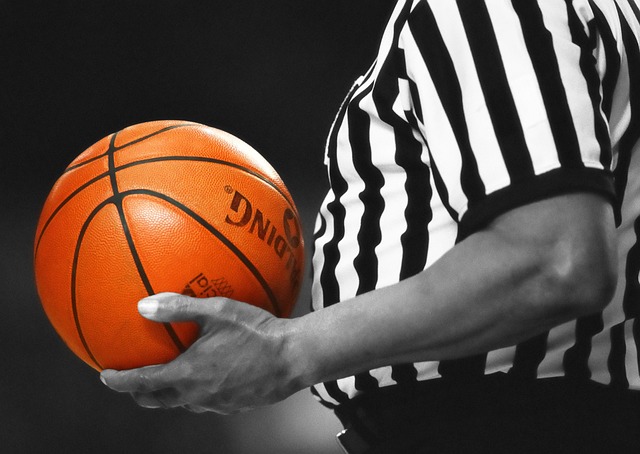Iowa State University quarterback Hunter Dekkers has been accused of betting on one ISU football game and 25 other Cyclone sporting events.
Dekkers was last season’s starting quarterback for the Cyclones and expected to be the starter this coming season. The Des Moines Register was first to report that the Story County Attorney’s Office has filed a criminal complaint charging Dekkers with tampering with records by trying to concel his identity in electronic sports wagering records. The complaint accuses Dekker’s parents of engaging in a scheme to make it look like the bets were coming from Dekker’s mother.
The document alleges Dekkers used a DraftKings account to place 366 bets and 80% of those wagers were made when Dekkers had not reached the legal gambling age of 21.
The ISU football game Dekkers is accused of betting on was against Oklahoma State in 2021. Dekkers was the back-up quarterback and did not play. Under NCAA rules, college athletes caught betting on games that involve their own teams face a lifetime ban from college sports.
Two other ISU athletes, both sophomores, face a similar charge of tampering with records related to sports gambling. One is on the Cyclone wrestling team. The other is an offensive lineman who’s accused of placing a dozen bets on ISU football games.
This spring, Iowa State announced approximately 15 students on the university’s football, wrestling and track teams were suspected of violating NCAA rules by betting on sports. The University of Iowa also announced 26 students on Hawkeye football, basketball, baseball, wrestling and track teams were suspected of alleged gambling violations.
Dekkers attorney, Mark Weinhardt, said Dekkers will not participate in preseason practices to “focus on his studies and on the defense of this criminal charge.” He said Dekkers would plead not guilty to the criminal charge.
In a statement sent to the AP Weinhardt said, “This charge attempts to criminalize a daily fact of American life. Millions of people share online accounts of all kinds every day. Thousands and thousands of college athletes place bets – usually very small ones – with shared accounts. That is for the schools and the NCAA to police.”


